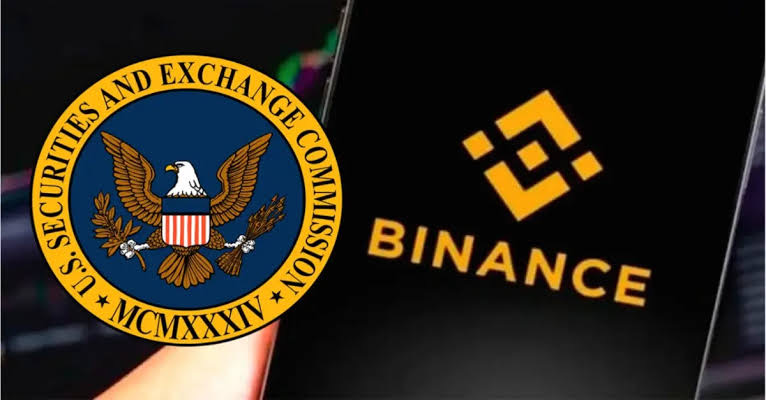The decision not to grant the SEC’s request for a temporary restraining order and freeze of assets provides a degree of relief for Binance.US and its customers.

On June 17, an agreement between Binance.US, Binance, and the Securities and Exchange Commission (SEC) received official approval from a US court ruled over by Judge Amy Berman Jackson. This approval marks the dismissal of a previously issued temporary restraining order (TRO) that sought to freeze all assets belonging to Binance.US.
Judge Jackson remarked that she would rather the parties concerned have a mutual understanding than rely on her decision. Fortunately, the parties concerned were able to come to an agreement on June 16, which led to the court’s subsequent approval.
Binance.US expressed its satisfaction with the court’s decision through a statement on Twitter, saying, “We are pleased to inform you that the Court did not grant the SEC’s request for a TRO and freeze of assets on our platform which was clearly unjustified by both the facts and the law.”
Under the terms of the approved agreement, only employees of Binance.US will be granted access to client funds until the ongoing litigation is resolved. However, customers based in the United States will still retain the ability to withdraw funds from the platform throughout this period, ensuring their financial freedom is not compromised.
Another crucial aspect of the deal between Binance.US and the SEC is the prohibition of Binance global officials from accessing private keys of wallets, hardware wallets, or gaining root access to Binance.US’s Amazon Web Services tools. This measure aims to safeguard the security and integrity of the platform’s operations.
In response to allegations made against Binance.US regarding the mismanagement of funds, the company stated that the SEC has failed to present any concrete evidence supporting such claims. Binance.US further emphasized that during a court hearing, SEC lawyers themselves acknowledged their lack of evidence on this matter. Therefore, the company firmly denies any wrongdoing concerning customer assets.

Notably, a prominent figure in the case, John Reed Stark, the former chief of the SEC’s Office of Internet Enforcement, pointed out a noteworthy provision included in the agreement. This provision pertains to the repatriation of specific assets to the United States. The agreement states that defendants are obligated to repatriate and transfer to BAM Trading, ensuring that BAM Trading maintains possession, custody, and control of all fiat currency and crypto assets held or accrued by customers within the United States.
Additionally, the agreement stipulates that Binance.US must take immediate action to provide a verified written accounting of accounts related to BAM entities valued at or exceeding $1,000. This measure aims to enhance transparency and accountability within the platform’s operations.
The SEC initially filed an emergency motion for a temporary restraining order against Binance.US on June 6, levying accusations against Binance CEO Changpeng “CZ” Zhao. The lawsuit alleged that Zhao had access to Binance.US customer funds and claimed that he transferred $12 billion of Binance’s funds through a controlled entity known as Merit Peak.
Prior to the hearing on the restraining order, both Binance.US and Zhao submitted a joint memorandum vehemently denying any mishandling of funds. According to their statement, the SEC has failed to provide any concrete evidence to support their claims of misusing Binance.US customer funds.
 (@BinanceUS)
(@BinanceUS)